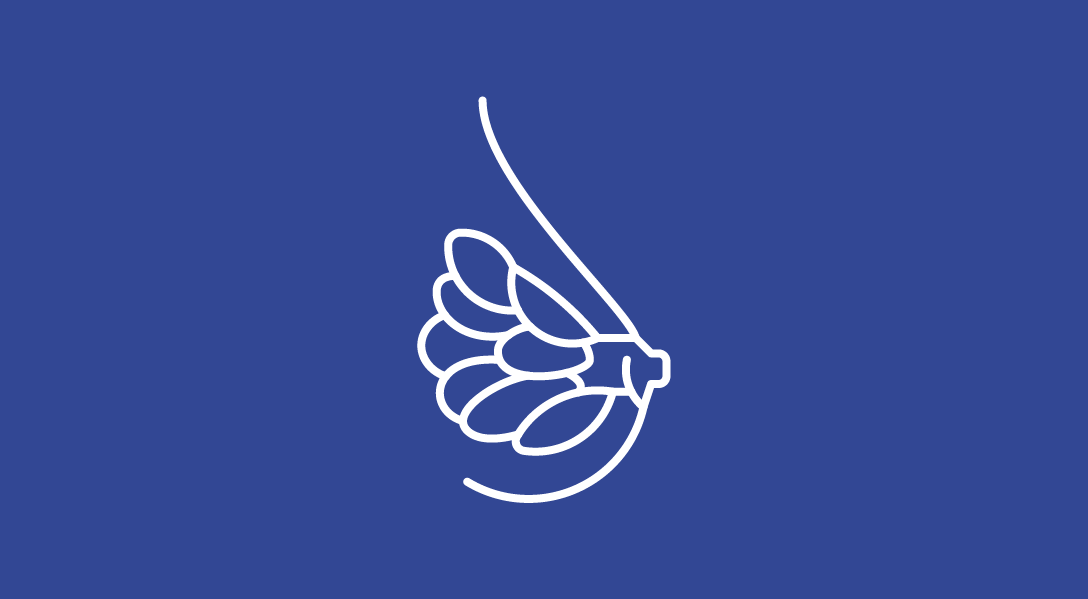Using AI as an Oncology Nurse
Oncology nurses may play a role in the utilization of artificial intelligence in the clinical setting.
Debi Fischer, RN, LCSW

As an RN working in a 30-bed oncology step-down unit, I am aware that 96% of hospitals in this country use an electronic health care record (EHR). Artificial intelligence (AI) can look at and synthesize data to create algorithms that can alert nurses and social workers to take action in the oncology unit and other arenas. These clinicians can familiarize themselves with AI.
Nurses working in oncology will need to know the nuts and bolts of AI in order to remain vital team members and enhance patient outcomes. This technology has benefits as well as drawbacks to it. The reality is that 70% of nurses admit that they have no experience with AI, which would include its value in their environment.1
The American Nurses Association (ANA), American Nursing Informatics, and the Nursing and Artificial Intelligence Leadership Collaborative all are in agreement that technology and nursing can become integral allies.1 Even though AI is still in the beginning phases, its importance to a nurse’s role cannot be stressed enough. Nurses need to educate themselves about this game changer.
In general, AI has been called to categorize “machines that mimic human intelligence and human cognitive functions like problem-solving and learning.”1 A popular AI program is ChatGPT, which uses language processing capabilities to analyze data. It then can generate text about a particular topic, which would be useful in oncology or other health care settings.
Oncology nurses can use AI to help enhance patient outcomes, which can include cancer screening, treatment, survivorship, and perhaps end-of-life care.1 The lack of RN involvement with AI could spell disaster for hospital functioning and best patient care scenarios. In addition, AI can be used by providers to establish a diagnosis of cancer, for example. When an oncology unit is short staffed, AI programs may be used to reduce workloads of nurses by supporting them during nursing shortages, for example.1
Solutions to a New Dilemma
The solutions to this lack of expertise by the RN involve supporting health care while optimizing patient outcomes and workflows.1 Flow charts that show the clinician-appropriate courses of action for a case are familiar to the nurse. In addition, a big area of concern is preventing patient falls. Remote video monitoring wherein certified nursing assistants are trained to look for possible triggers to patient falls are part of the AI landscape.
AI is vital for new developments in cancer care. Radiology is a big supporter of AI in analyzing images for cancer diagnosis. AI’s use in radiology images can be highlighted to pinpoint if an image looks like it may need further intervention. Breast cancer and melanoma screening can benefit from AI. A retrospective study by Koch proved that 40% of cases would have been discovered using this technology.1 Regarding melanoma in its early stages, AI screening is comparable to a board-certified dermatologist looking at images.
The Future of AI
The phrase “garbage in, garbage out” has been associated with AI, as it is only beneficial to the health care record if the data uploaded by the nurse are reliable. Nurses can influence the development of AI programs, as their documentation may be used to train AI models.1
Technology is great after all, but the drawbacks should be mentioned too. Literature has noted that AI may not be a tool for use in every challenge posed in oncology nursing.1 This can only happen if clinician documentation is present to create the AI program.
The RN should safeguard against having any kind of implicit and explicit bias in their data when creating AI solutions.1 The nurse has a role in preventing bias by being aware of who they are writing their documentation for, and how this will influence AI programs.
Regulations promoting safety concerns, in addition to quality and security, are still being developed.1 Nurses are in the unique position of bringing patient care advocates in this arena.
AI can be used in smaller hospitals and world-class settings. RNs and social workers in the oncology setting can learn about this technology and its promise for the future.
Reference
Starr B, Dickman E, Watson J. (2023). Artificial Intelligence, Machine Learning, Deep Learning, Technology. Clin J Oncol Nurs. 2023;27(6):595-601. doi:10.1188/23.CJON.595-601
Olaparib Plus Chemo May Not Improve Outcomes vs Chemo Alone in BRCA Wild-Type TNBC
April 23rd 2024Patients with BRCA wild-type triple-negative breast cancer treated with olaparib on a gap schedule with chemotherapy did not experience improved responses compared with chemotherapy alone in the neoadjuvant setting.




